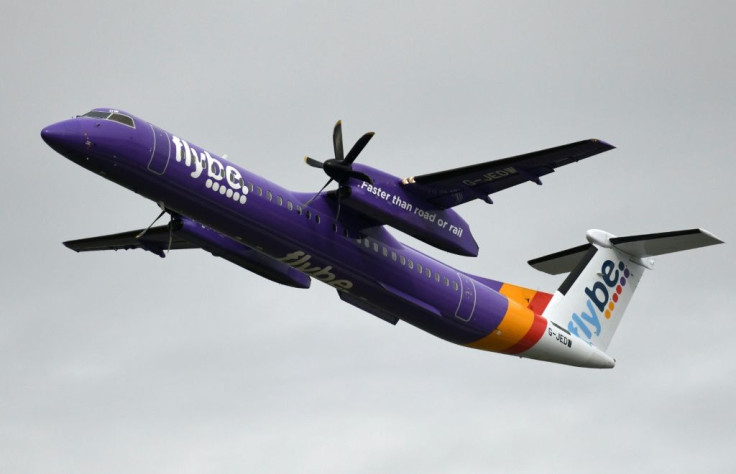UK Reaches Deal To Keep Flybe Flying

The UK government announced a rescue deal Tuesday for the troubled no-frills airline Flybe aimed at keeping Europe's largest regional carrier flying and preserving around 2,000 jobs.
Neither the government nor the company disclosed financial details of the agreement.
But both sides signalled that the money would be drummed up from higher air passenger duties and additional investments by company shareholders.
The Treasury will "be reviewing (the) air passenger duty to ensure regional connectivity is strengthened," it said in a statement.
"In light of these discussions, Flybe have confirmed they will continue to operate as normal, preserving flights to airports such as Southampton, Belfast and Birmingham."
The Connect Airways consortium that took over the loss-making carrier a year ago said the package includes pledges of additional investments from Flybe operators.
"The shareholder consortium has committed to keep Flybe flying with additional funding alongside government initiatives," Connect Airways chief execute Lucien Farrell said.
"This is a positive outcome for the UK," Flybe CEO Mark Anderson said in a statement released to AFP.
Flybe carries around eight million passengers annually and flies to 170 destinations around Europe from its British hubs.
Its consortium is led by Virgin Atlantic and includes the investment firm Cyrus and infrastructure specialist Stobart.
Flybe has floundered in the face of fierce competition and consumer demand that has weakened by uncertainties over Britain's delayed withdrawal from the EU.
Smaller airlines are also more exposed to volatile fuel costs and a struggling pound than their larger rivals.
Flybe was in danger of becoming the second British airline to halt operations in the last four months.
The holiday giant Thomas Cook's grounding in September forced the British government to launch its largest repatriation of stranded passengers in peacetime history.
British regional airline flybmi also went bankrupt last February. It blamed high costs and Brexit turmoil.
© Copyright AFP {{Year}}. All rights reserved.





















